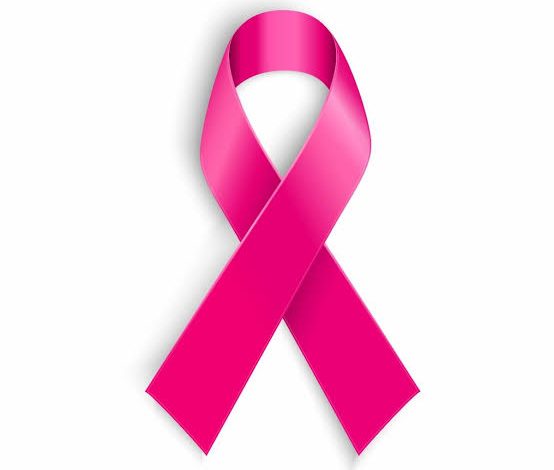UK approves landmark breast cancer drug capivasertib for NHS use

A new drug that slows the spread of an aggressive, incurable type of breast cancer has been approved for use on Britain’s National Health Service (NHS), the National Institute for Health and Care Excellence (NICE) announced on Friday.
The drug, capivasertib, also known by its brand name Truqap, is expected to benefit over 1,000 women annually who are diagnosed with HR-positive, HER2-negative advanced breast cancer one of the most common forms of the disease.
Made by British pharmaceutical giant AstraZeneca, capivasertib is a twice-daily oral treatment that, when combined with hormone therapy fulvestrant, has shown to delay disease progression by approximately 4.2 months compared to placebo in clinical trials. The drug works by blocking abnormal proteins that signal cancer cells to multiply.
Describing the development as a “landmark moment,” NICE’s Director of Medicines Evaluation, Helen Knight, noted that the approval offers new hope to patients with limited treatment options and may delay the need for chemotherapy and its associated side effects.
“This is a triumph that will improve treatment for patients with the most common type of advanced breast cancer,” said Kristian Helin, chief executive of the Institute of Cancer Research (ICR) in London, which contributed decades of research leading to the drug’s development.
According to NICE, 40,192 people were diagnosed with breast cancer in 2020, with nearly 15 percent at advanced stages by the time of diagnosis. Roughly half of the affected patients have mutations in one or more related genes, making them candidates for the new therapy.





